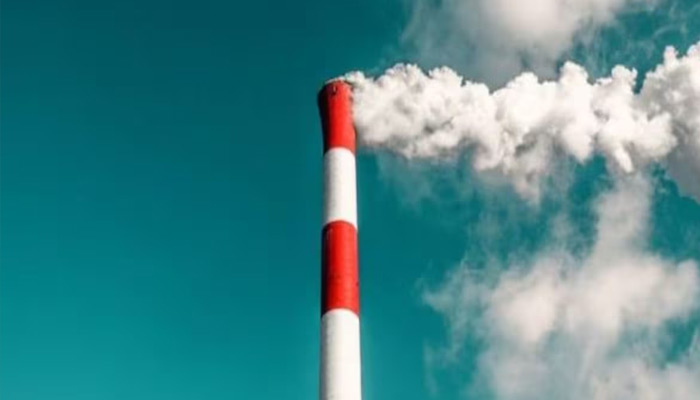Clubbing India with emitters like China and the US is completely unacceptable as its per capita emissions are “very low”, a senior official of the European Parliament said today.
Talking to news agency Press Trust of India at the UN climate talks here, Peter Liese, a German politician and a member of the European Parliament, emphasised: “Indian people should be able to own a car when people in Germany own two cars.” There have been concerted attempts to club India with major emitters like the US at climate negotiations despite its low per capita emissions.
“It is very important to acknowledge for everybody that per capita emissions of the UAE, China and the US… they are very different from India.
“Many people in Europe put China and India in the same basket and sometimes even with the Gulf states which is completely unacceptable. India has very low per capita emissions compared to these countries,” he said.
India’s per capita carbon dioxide emissions rose by around five per cent last year to reach 2 tonnes of carbon dioxide but these were still less than half of the global average, according to a report released by a global team of scientists earlier this week.
The scientists said the United States topped the per capita emissions chart with every individual in the country emitting 14.9 tonnes of CO2, followed by Russia (11.4), Japan (8.5), China (8), and the European Union (6.2). The global average stood at 4.7 tonnes.
On the controversial Carbon Border Adjustment Mechanism, a border tax the EU plans to impose on energy-intensive goods from developing countries like India, Liese said meeting the bloc’s climate promises is “just not possible” without it.
The EU has pledged to cut emissions by at least 55 per cent by 2030, compared with the 1990 levels. “Despite low per capita emissions, India’s cement, iron and steel are as carbon-intensive as produced elsewhere in the world. So we need to find a good balance here,” he said.
The European Union’s plan to impose a carbon tax on goods imported from developing countries like India and China has sparked a debate at the international climate conference in Dubai, with poorer countries firmly arguing that this tax will harm livelihoods and economic growth.
The Carbon Border Adjustment Mechanism (CBAM) aims to set a fair price on the carbon emitted during the production of energy-intensive products like iron, steel, cement, fertilizers and aluminium in non-EU countries.
This serves two purposes: creating a level playing field for domestically manufactured green goods and reducing emissions from imports which account for around 20 percent of the bloc’s total emissions. The carbon tax will come into effect from January 1, 2026. During the trial period, which started on October 1, 2023, companies from seven carbon-intensive sectors, including steel, cement, fertiliser, aluminium and hydrocarbon products, have to share emissions data with the EU.
The EU enforces tough rules on carbon emissions. Its ‘Emissions Trading System’ caps emissions from industries and lets them buy ‘allowances’ if they exceed their limits. But the bloc fears this strictness might push some businesses to move to countries with relaxed rules. This is called carbon leakage.
A recent study by the United Nations Conference on Trade and Development (2021) shows that through CBAM, a USD 44 per tonne carbon tax would cut leakage by more than half, from 13.3 per cent to 5.2 per cent.
According to a study conducted by the New Delhi-based public policy think tank Centre for Social and Economic Progress (CSEP), Indian exporters of steel and aluminium could lose up to USD 2 billion due to border taxation in European countries, bearing in mind that India was the eighth-largest exporter of iron and steel to the EU in 2019.
Some believe that while carbon taxes may prompt producers to reduce emissions, they divert the focus of resource-deficient countries from adapting to climate impacts to cutting emissions.

